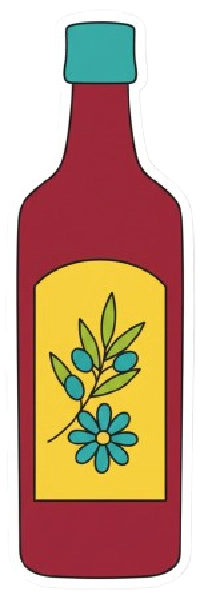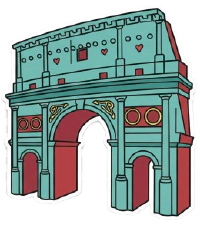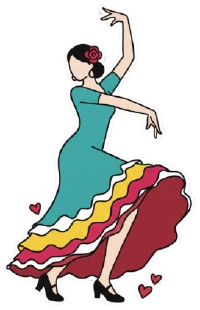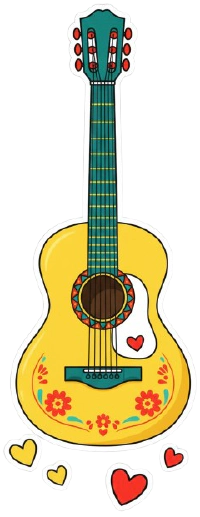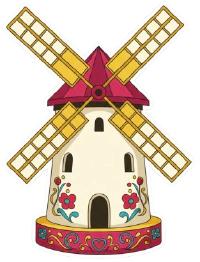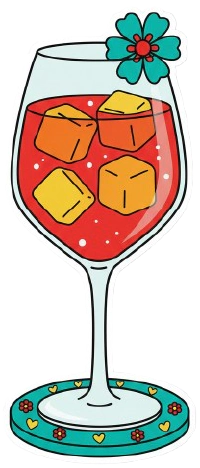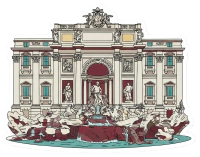Why Erasmus Is Better Than a Year Abroad (in My Opinion)
I know, I know: saying that Erasmus is better than a year abroad sounds almost like blasphemy to anyone who’s dreamed for years about the classic American “high school year” abroad.
But hear me out, because I’ve done both.
At 17, I spent ten months in Texas, in a small town near Santa Fe (yes, literally in the middle of nowhere). At 20 and 21, I did two Erasmus programs: one in Spain (Almería) and one in Germany (Regensburg).
And after living through all of it, I can confidently say: Erasmus wins. Every time.
What’s a “year abroad,” really?
It’s that experience you do in high school, when you leave behind your friends, your school, and your parents to spend ten months in another country, living with a host family who (hopefully) treats you like one of their own.
In theory, it’s all about “personal growth” and “cultural exchange.” In practice, it’s jumping into the deep end at 17: new school, new friends, new life.
And what’s Erasmus?
It’s the next level: you do it at university, with at least a bit more common sense (hopefully).
You move to another country for a few months, study at a local university, live in a dorm or flatshare with people from all over the world, and discover what it really means to be free but also responsible.
Spoiler: it means figuring out how a German washing machine works, surviving on 300 euros a month, and learning to cook something that isn’t tuna pasta.
The Year Abroad: Pros and Cons
Pros:
- Your English improves a lot (especially if you end up in the U.S.).
- You’re totally immersed in the local culture.
- You meet locals, not just other Italians running away.
- At that age, it really opens your mind: you learn to manage on your own, even if you’ve only just mastered making coffee with a moka pot.
- You don’t have big financial responsibilities: you’re still basically “a guest.”
Cons:
- It’s crazy expensive: we’re talking up to €15,000, often run by private agencies that make a profit off it.
- The host family is a total lottery: you might get a wonderful host mom, or one who treats you like an unwanted roommate.
- There are tons of rules: curfews, behavior codes, limits.
- You usually end up in tiny towns where the local Walmart is the main attraction.
- The school level (at least in my Texas experience) was… let’s say “chill”: no exams, everyone watching Netflix in class.
- Going back to Italy and catching up on that missed school year is a nightmare: double the stress, double the caffeine.
Erasmus: Pros and (Few) Cons
Pros:
- You’re an adult, free and independent. You decide everything (except when the electricity bill arrives).
- It’s funded by the EU: the grant might not cover everything, but at least you’re not broke.
- You live with people from every corner of the world. I met people from Nepal, Guadeloupe, even Hawaii.
- You actually learn to handle life: rent, groceries, classes, laundry… basically, adulthood.
- Exams abroad are often easier than in Italy.
- It shapes you as a person, broadens your perspective, and teaches you more soft skills than any “public speaking” course ever could.
Cons:
- It’s not for everyone — you need some adaptability.
- Sometimes you feel lonely or homesick. But it’s exactly in those moments that you learn to truly stand on your own two feet.
So Why Does Erasmus Win?
Because it’s an experience you choose, not one that’s imposed or prepackaged for you.
Because you live it as an adult, with awareness.
Because it’s not just a trip, but a chapter of your personal growth.
And most of all, because it makes you realize that “home” isn’t a fixed place, but a mix of all the people, languages, and experiences you carry with you.
In short, a year abroad makes you dream.
Erasmus wakes you up, but in the best possible way.
A Little Disclaimer
Obviously, everything I’ve said here comes from my own personal experience, the way I lived it. You can’t really generalize: countries, people, and costs can vary a lot.
What truly matters is that any experience helps you grow in some way. Even the hardest ones teach you something (usually the most valuable lessons, actually).


